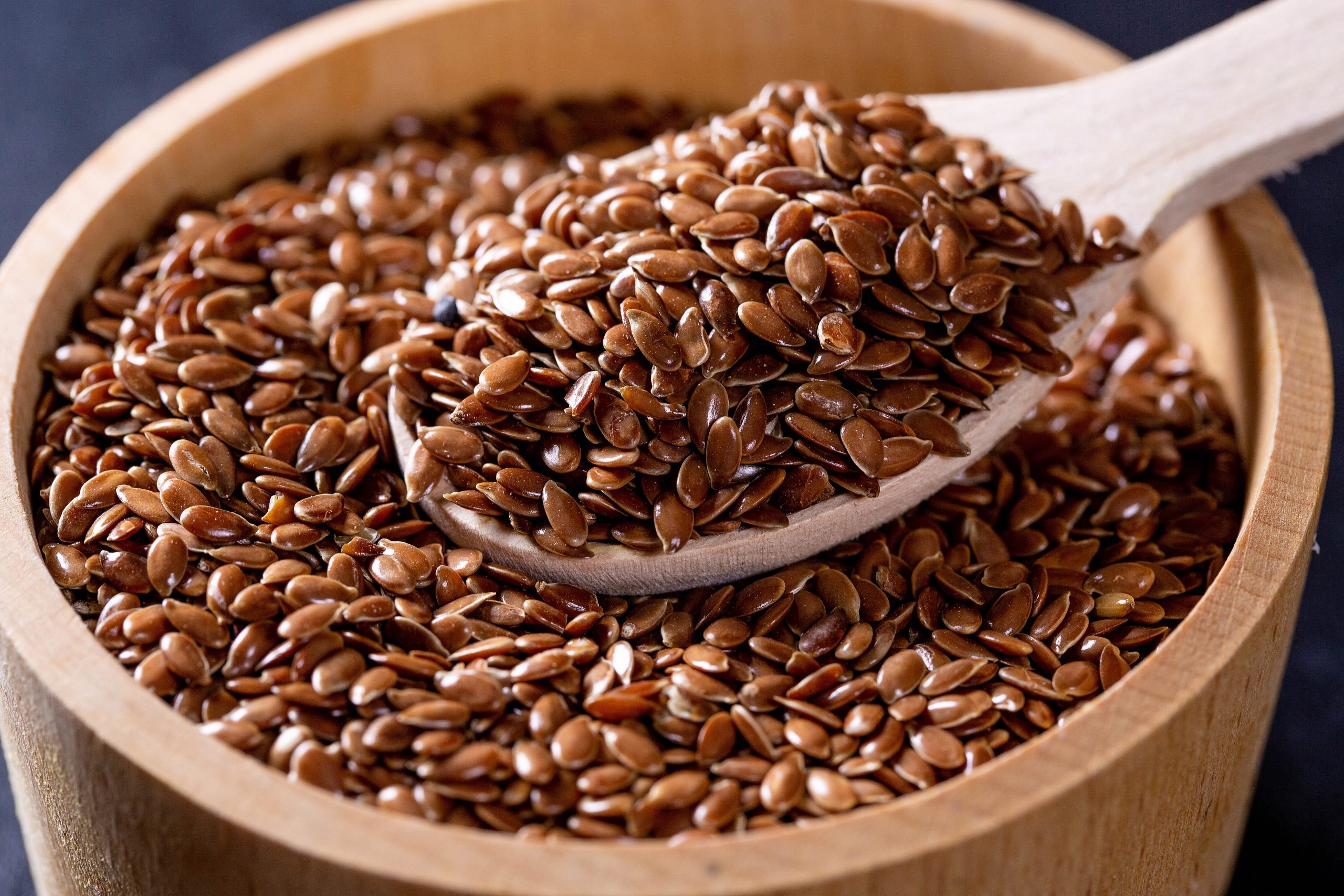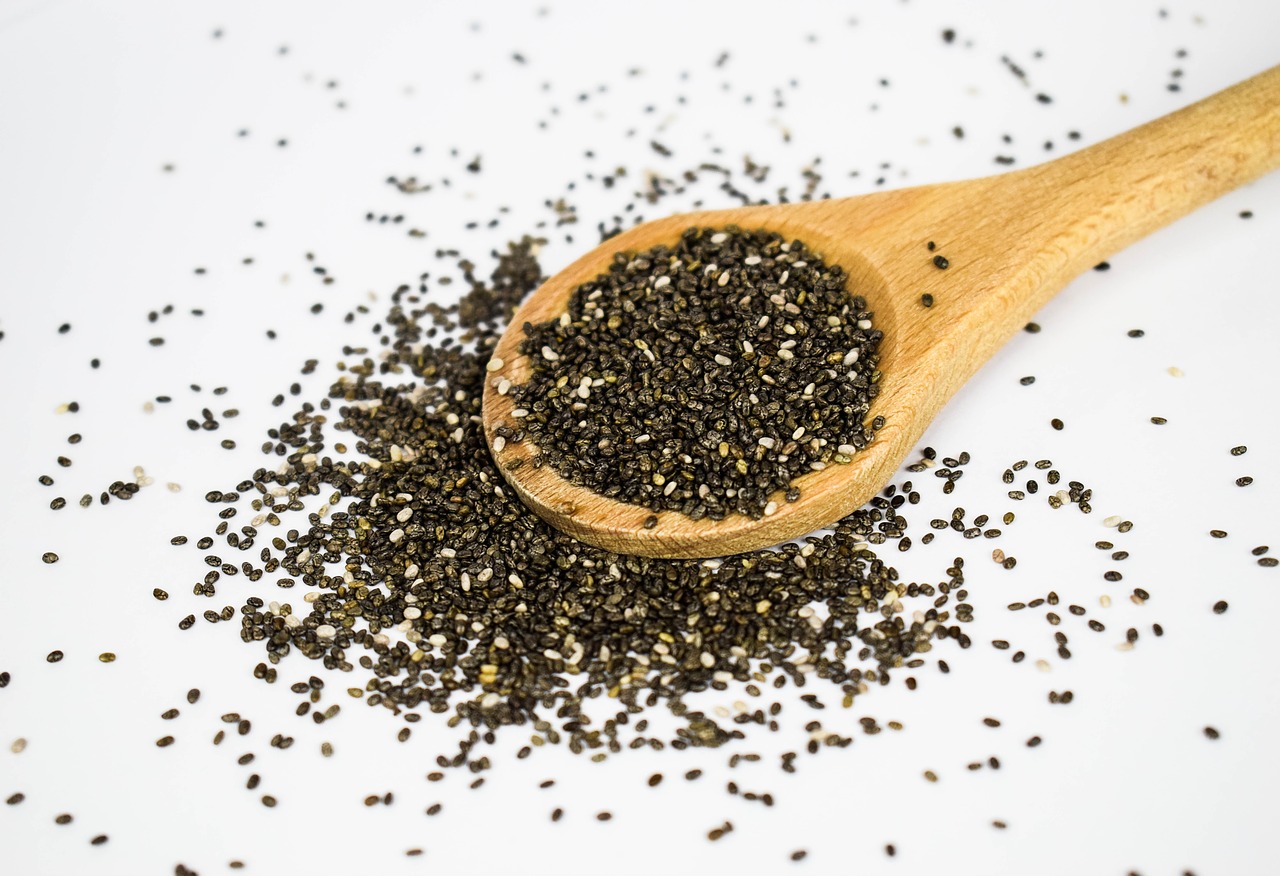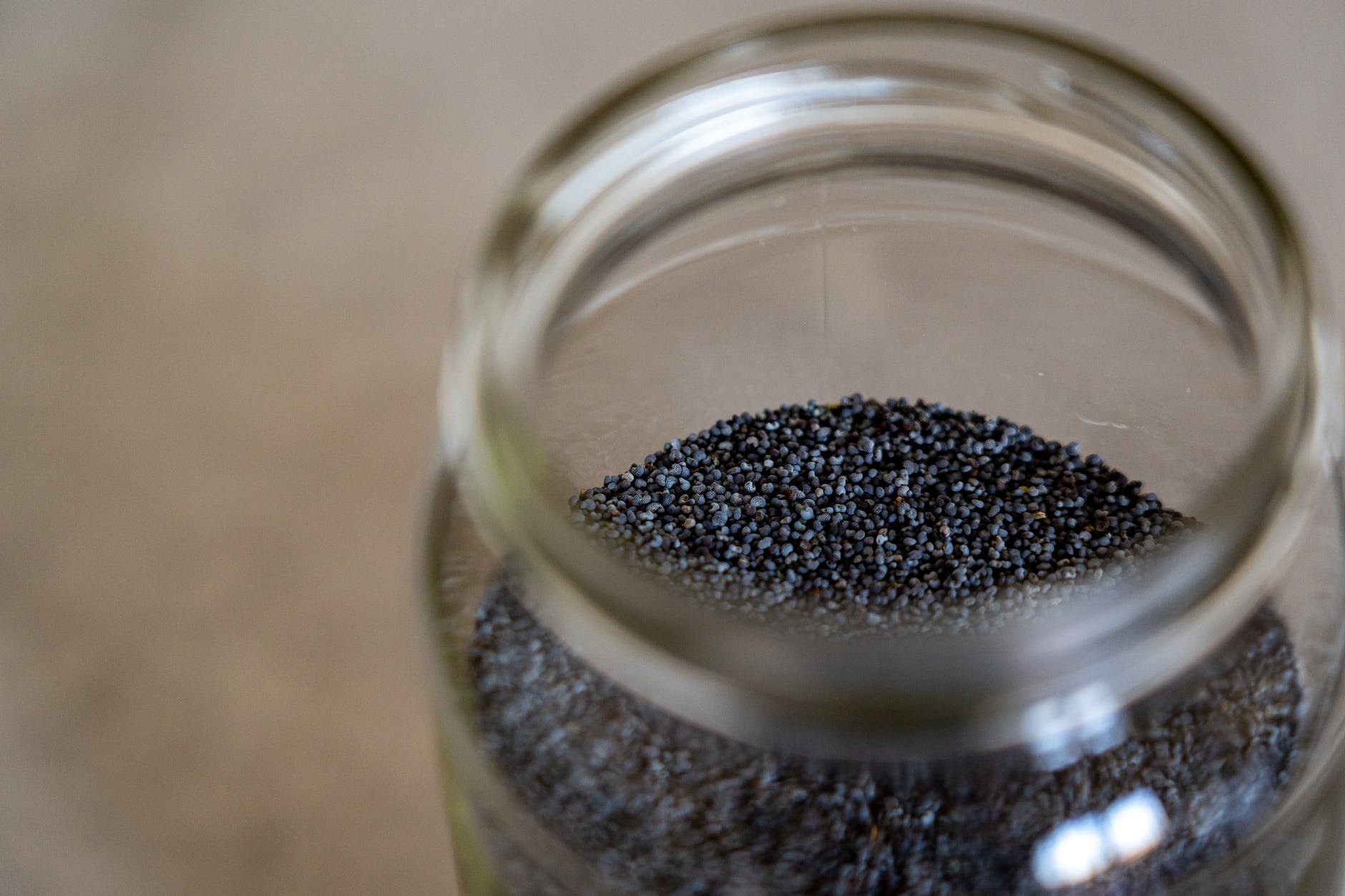
Maintaining a healthy blood pressure is crucial for overall well-being, and flax seeds may offer a natural approach to support cardiovascular health. These tiny seeds are rich in nutrients that have been associated with blood pressure regulation. By incorporating flax seeds into your diet, you may be able to take a proactive step towards maintaining optimal blood pressure levels. Let’s explore the potential of flax seeds in promoting heart health and managing blood pressure naturally. 🌿❤️🌱
1. Rich in Omega-3 Fatty Acids for Cardiovascular Support 🐟💚
Flax seeds are a fantastic plant-based source of omega-3 fatty acids, which are known for their heart-healthy benefits. Omega-3 fatty acids have been associated with reducing blood pressure levels and supporting cardiovascular health. By incorporating flax seeds into your diet, you can increase your intake of these beneficial fats and potentially promote optimal blood pressure. Embrace the cardiovascular support of flax seeds and nourish your heart. 🌟❤️💪
2. Promoting Arterial Health with Lignans 🌱🌿
Flax seeds are rich in lignans, which are plant compounds that have been shown to support arterial health. Lignans have antioxidant and anti-inflammatory properties, which can contribute to reducing the risk of hypertension and maintaining healthy blood vessels. By including flax seeds in your diet, you can harness the potential benefits of lignans and promote the health of your arteries. Embrace the power of flax seeds in supporting your blood pressure. 🌟🌿❤️
3. Supporting Nitric Oxide Production ⚡🌿
Nitric oxide is a compound that helps relax and dilate blood vessels, leading to improved blood flow and potentially lower blood pressure. Flax seeds contain amino acids and other nutrients that support the production of nitric oxide in the body. By incorporating flax seeds into your diet, you can provide your body with the building blocks it needs to promote healthy blood vessel function and optimal blood pressure. Embrace the nitric oxide support of flax seeds and nurture your cardiovascular health. 🌟⚡❤️
4. Fiber for Overall Heart Health 🌾🌿
Flax seeds are an excellent source of dietary fiber, which plays a role in heart health. A high-fiber diet has been associated with lower blood pressure levels and a reduced risk of cardiovascular disease. By including flax seeds in your meals or snacks, you can increase your fiber intake and support overall heart health. Fiber helps regulate cholesterol levels, promotes healthy digestion, and contributes to a healthy weight—all factors that can positively impact blood pressure. Embrace the fiber-rich goodness of flax seeds and give your heart the care it deserves. 🌟🍽️❤️
5. Incorporating Flax Seeds into Your Diet 🌿🍽️
Flax seeds can be easily incorporated into your daily diet. They can be ground and added to smoothies, sprinkled over yogurt or oatmeal, or used as an ingredient in baked goods. To reap the most benefits, it’s recommended to consume ground flax seeds as they are more easily digested and absorbed by the body. Aim for about one to two tablespoons of ground flax seeds per day to support your cardiovascular health and blood pressure management. Embrace the versatility of flax seeds and enjoy the health benefits they provide. 🍽️🌿💚
While flax seeds offer potential benefits for blood pressure management, it’s important to note that they should be incorporated as part of a balanced diet and overall healthy lifestyle. If you have any existing health conditions or concerns, it’s always best to consult with a healthcare professional before making significant dietary changes. Embrace the potential of flax seeds and take a step towards nurturing your heart health. ❤️🌿💪











